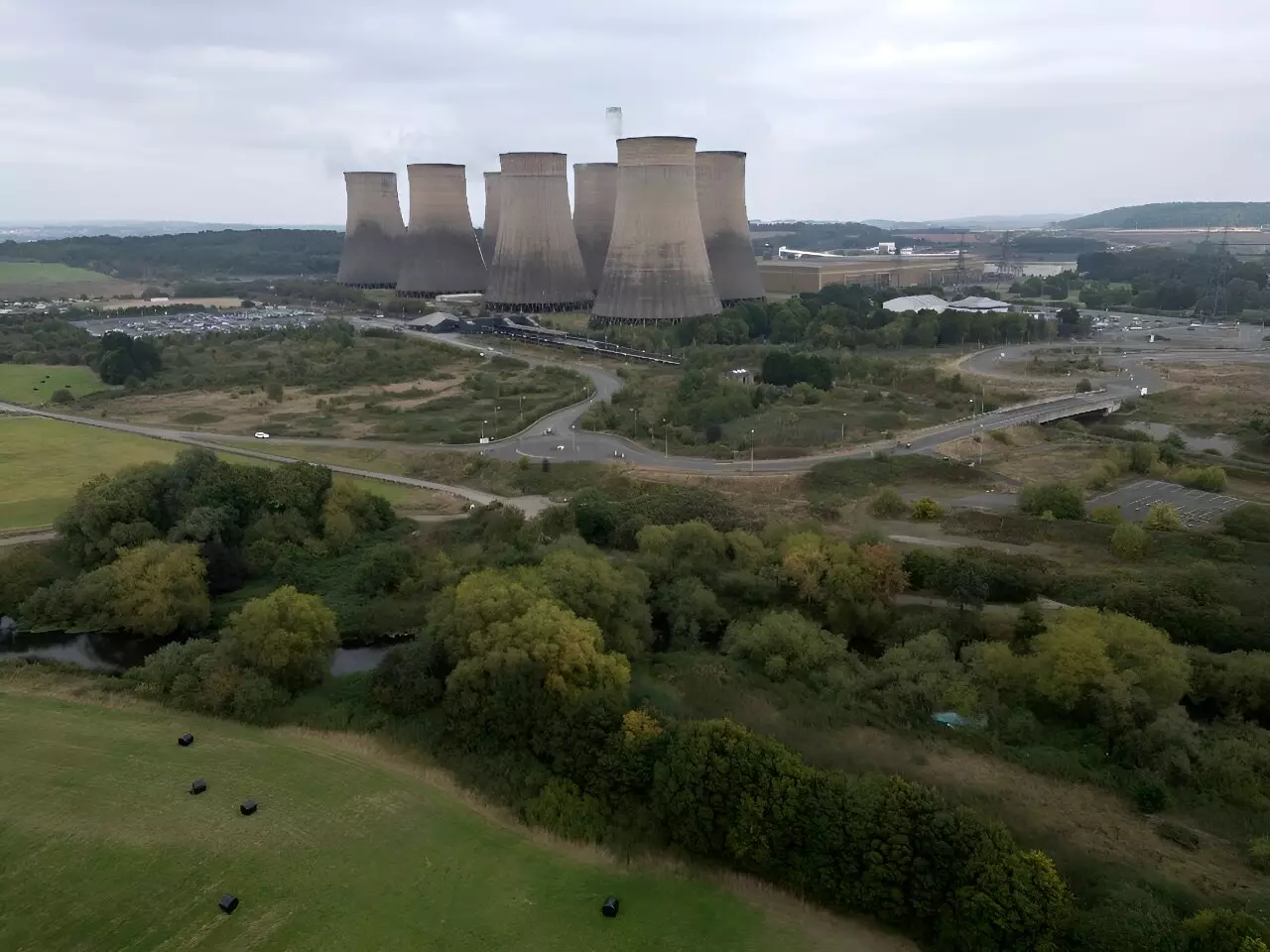The UK’s energy landscape is poised for a paradigm shift as it prepares to officially close its last coal-fired power station, Ratcliffe-on-Soar. This closure marks a significant milestone not only for the UK but also sets a precedent among the G7 nations, positioning Britain as the first country in this group to eliminate its dependence on coal for electricity generation. The decision reflects a broader commitment to environmental sustainability, with the UK aiming to decarbonize its electricity sector by 2030 and achieve carbon neutrality by 2050.
Ratcliffe-on-Soar has been a critical player in the UK’s energy scene for nearly six decades, having transitioned from a pillar of power generation to an outdated source of energy. As Energy Minister Michael Shanks pointed out, while the closure signals the end of an era for coal, it also opens the door to new opportunities—specifically, the creation of jobs centered around renewable energy and technological innovation.
The closure of Ratcliffe-on-Soar has immediate implications for the workforce associated with coal power. Uniper, the owner of the facility, has initiated a two-year decommissioning plan that will impact around 350 workers. The company’s proposal includes redeploying many employees to other roles within the organization, while also laying out three periods of redundancy before 2026. This foresight is critical, as it acknowledges the human aspect of this energy transition, balancing economic pragmatism with the realities faced by workers in traditional sectors.
In place of Ratcliffe-on-Soar, Uniper has announced plans for a “carbon-free technology and energy hub,” underscoring a commitment to future-centric energy solutions. This strategic pivot highlights a crucial reality: as the coal industry recedes, the UK will need to invest in education and training to equip its workforce with the skills necessary for emerging industries.
A look back at Britain’s historical reliance on coal provides insight into the gravity of this transition. From powering the Industrial Revolution to representing 70 percent of the electricity mix as recently as the 1980s, coal has played an essential role in shaping the nation’s economy and industrial capability. However, as the 20th century progressed, the detrimental environmental impacts of coal became more evident, leading to a gradual decline in its significance in the energy mix—culminating in a mere 1% contribution last year.
Activists and environmental advocates, such as Doug Parr from Greenpeace UK, view this closure as a precedent-setting move that the rest of the globe should emulate. As much as this is a triumph for the UK, it also raises the stakes for other G7 nations like Italy and France, which have their plans to phase out coal, albeit at different timelines.
The UK’s energy composition is changing rapidly; as of 2023, natural gas accounted for roughly a third of electricity production, with wind power following closely behind at 25%. The current Labour government intends to prioritize further decarbonization, spearheading initiatives to harness the country’s abundant renewable resources, such as offshore wind and tidal power.
The government’s newly launched green energy plan aims to create a publicly-owned entity responsible for this transformative energy strategy. As traditional coal power facilities dwindle, there lies a monumental task ahead: developing the infrastructure and technological capabilities necessary to sustain a green energy future.
As we witness the shuttering of Ratcliffe-on-Soar, it becomes clear that the transition away from fossil fuels is not only necessary but achievable. The momentum gained from this significant shift may inspire global action against climate change and further embolden initiatives aimed at phasing out oil and gas.
The dawn of a coal-free Britain heralds hope for a sustainable, economically diverse future that could lead the world in responsible energy practices. With each phase of the decommissioning of Ratcliffe-on-Soar, the UK plants the seeds for future energy innovation, sustainable job creation, and a commitment to combating climate change that will inspire other nations to follow suit.

